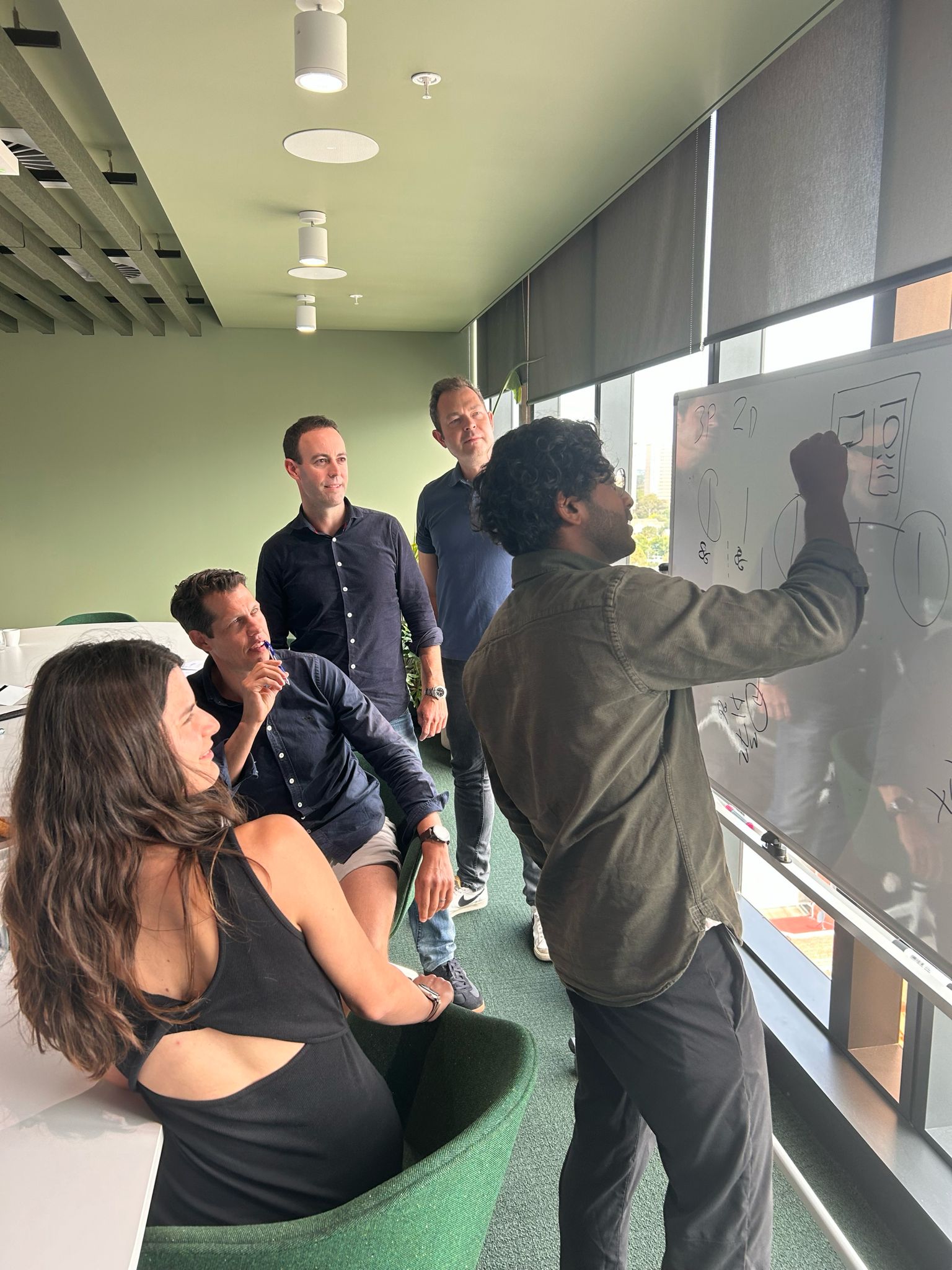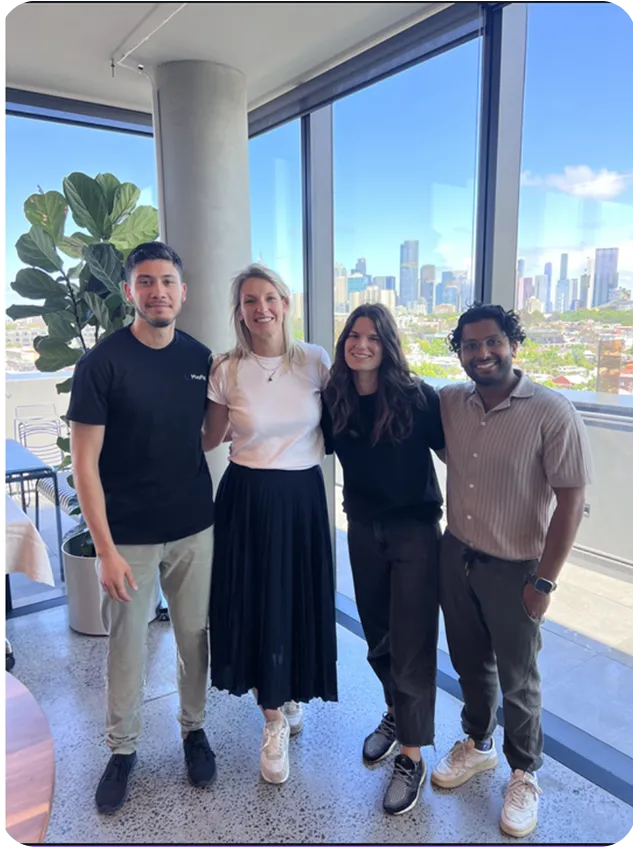Thank you! Your submission has been received!
Oops! Something went wrong while submitting the form.

Mayfly collaborated with the MUCUDU team to build a low-code MVP for their hospitality tech platform, which includes loyalty management, peer-to-peer monetary gifting, and Tab functionality.
Beyond the standard integrations with Stripe, Apple, and Google for login and payments, we incorporated advanced integrations with Point of Sale systems like Doshii and AI-driven recommendations that personalize the dining experience.
If 2025 is the year the AI agent revolution begins, now is the perfect time to understand what AI agents are, how they work, and why they’re poised to reshape industries. In this beginner-friendly guide, we’ll explore the fundamentals of AI agents and why experts like Bill Gates and Mark Zuckerberg believe they represent the next big wave in computing.

At its core, an AI agent is a software program designed to perform tasks autonomously, much like a capable assistant who listens, learns, and executes. Unlike traditional software that requires manual input for every step, AI agents take initiative—they set goals, learn from interactions, and improve over time.
Think of them as digital teammates, not just tools. For example:
The key difference between AI agents and traditional software lies in autonomy. AI agents don’t just answer questions or follow pre-set rules; they proactively act, adapting and improving as they go.
It’s easy to confuse AI agents with conversational tools like ChatGPT, but they’re not the same.
For example, imagine a sales AI agent. It won’t just answer your questions about a product—it will actively reach out to prospects, book meetings, and prepare follow-up emails, all without waiting for your input.
AI agents represent the next evolution of software. In the 2000s, SaaS platforms like HubSpot and Salesforce revolutionized how businesses operated. Now, AI agents promise to go even further by not just powering software but actively replacing repetitive human tasks.
Mark Zuckerberg put it best:

“We’re going to live in a world where there are hundreds of billions of AI agents. Eventually, there will be more AI agents than people.”
The potential is staggering. Imagine industries like healthcare, hospitality, or construction using AI agents to handle routine tasks, freeing humans to focus on creativity, strategy, and problem-solving.
While some AI agents (like ChatGPT) are general-purpose, the real magic happens with vertical AI agents—specialized agents designed for specific industries or business functions.
For example:
Vertical AI agents are tailored to solve industry-specific pain points, combining domain expertise with cutting-edge AI technology.
AI agents rely on several key technologies:
These components work together to create systems that are both adaptable and intelligent.
In many ways, yes—and no. AI agents can be packaged as SaaS products, but they go beyond the traditional SaaS model. While SaaS provides tools for people to use, AI agents replace the need for people to interact with those tools altogether.
As YC Partner Diana Hu explains:
“The argument is that with AI agents, you don’t just replace the software—it’s going to eat the payroll.”
Building an AI agent is more accessible than you might think. Thanks to no-code and low-code platforms, you don’t need a team of engineers or a huge budget to get started.
At Mayfly Ventures, we specialize in helping founders use no-code tools and AI frameworks to build high-performing AI agents quickly and affordably.
AI agents are poised to transform industries by automating tasks, improving efficiency, and enabling entirely new ways of working. From startups to enterprise businesses, the opportunities are endless.
If you’ve spotted an inefficiency in your industry, now is the time to act. AI agents aren’t just the future—they’re happening right now.
Do you have an idea for an AI agent? Let’s bring it to life together. Book a call with Mayfly Ventures today.
.webp)

We’re a team of engineers, designers and venture builders. We partner with industry experts to build and launch AI and software ventures.
We combine your insight and network with our proven playbook and venture building expertise to turn bold ideas into globally scalable products.
We back ventures with capital. With skin in the game our support goes far beyond deliverables, we’re an invested partner in your success.
Here to support from idea conception, to commercialisation and well beyond launch.
You're an industry insider with a deep understanding of the pain points and inefficiencies in your sector which are prime for AI disruption.
You have the network to access early adopters locally with the conviction to scale globally.
You are looking for a partner experienced in launching tech ventures to guide you the process of building, launching and scaling an Al platform to transform your industry.

